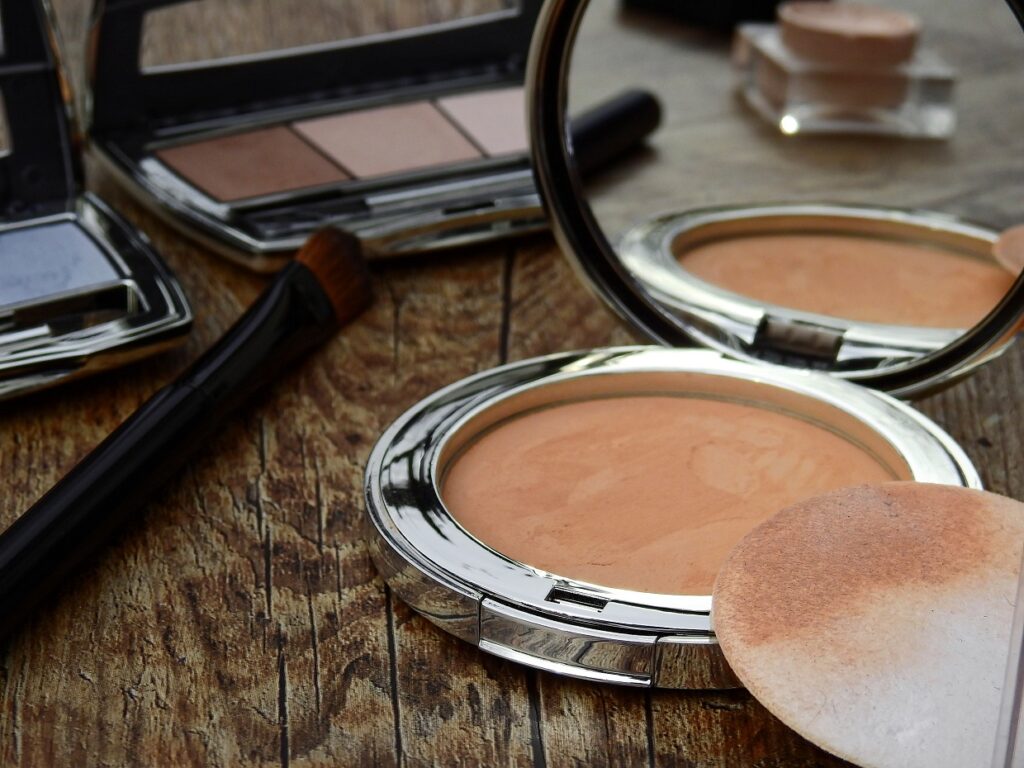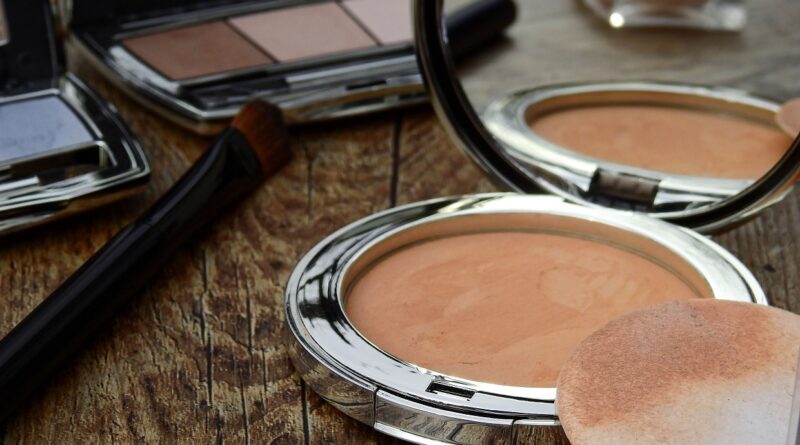The Pros and Cons of Powder vs. Liquid Foundation
The foundation is the cornerstone of cosmetics, serving as the base for all other elements. The perfect foundation may give you a complexion that is flawless, but picking the right kind of foundation can be difficult. The two most widely used foundation types are liquid and powder. Here, we’ll go over the pros and cons of each so you can choose wisely.
Liquid Foundation
Due to its bendability, buildability, and moisturizing qualities, liquid foundation is one of the most preferred options for many makeup wearers. Any skin type may get a customized and perfect appearance with liquid foundation thanks to its wide range of formulas, finishes, and coverage options. But like any beauty product, it has advantages and disadvantages of its own that should be taken into account before buying.Here are some of the key advantages and disadvantages of using liquid foundation:

Pros:
Bendability:
Liquid foundation is well-known for being easy to mix, making it an excellent choice for laying down a smooth, natural-looking foundation.
Buildability:
Liquid foundation can be easily built up in layers to provide the necessary level of coverage without running the danger of caking or creasing.
Hydrating:
Many liquid foundations have hydrating and moisturizing elements, which can be helpful for people with dry or dehydrated skin.
Large selection of shades:
Liquid foundations frequently come in a large selection of shades, making it simpler to find a match for different skin tones.
Cons:
Can be messy:
Applying liquid foundation can be messy, especially if it is packaged in a container or pump. To achieve the desired coverage without creating a mess, it could take more time and effort.
Less durable:
Especially in hot or humid weather, liquid foundation can be prone to rubbing off or smearing. This might necessitate more frequent touch-ups all day long.
May result in outbreaks:
Some liquid foundations contain chemicals that, when applied to acne-prone skin, can clog pores and result in breakouts.
May Not be suitable for Oily skin:
Liquid foundations may not be appropriate for those with oily skin because they can feel heavy and may give off the appearance of having shiny or greasy skin.
Overall, given to its bendability, buildability, and moisturizing qualities, liquid foundation can be a fantastic option for many people. However, it’s crucial to take into account any potential drawbacks and pick a formulation that is ideal for your particular skin type and requirements.
Powder Foundation
For those who want a more matte look or have oily skin, powder foundation is a fantastic choice. It is often formed of finely powdered minerals, giving it a smooth, light feel, like mica, zinc oxide, and titanium dioxide. The following are some benefits and drawbacks of using powder foundation:

Pros:
Long-lasting:
Powder foundation has the major advantage of often lasting longer than liquid foundation. For people with oily skin, it is a fantastic option because of its more matte texture, which can help regulate oil production throughout the day.
Simple to use:
Powder foundation can be applied quickly and easily, making it a great choice for people with busy schedules. It normally just takes a few minutes to spread evenly across your skin and can be applied with a brush or a sponge.
Excellent for touch-ups:
Powder foundation may be placed over existing makeup without caking or appearing too heavy, making it ideal for touch-ups throughout the day. This makes it a fantastic option for people who wish to maintain their makeup’s freshness and perfection throughout the day.
Lightweight:
Powder foundation is incredibly light compared to liquid foundation, which can occasionally feel oppressive and heavy on the skin. It is therefore a fantastic choice for people who want a more natural appearance or who dislike the feel of heavy makeup on their skin.
Cons:
Can be drying:
For people with dry or mixed skin, powder foundation can be fairly drying, however it can be fantastic for those with oily skin. This is due to the fact that it has a propensity to absorb oil and moisture, which can cause your skin to feel tight and dry.
Limited coverage:
Compared to liquid foundation, powder foundation often offers a lighter coverage, which may not be perfect for people who need to cover up blemishes or uneven skin tone. However, you may always layer it on for greater coverage, however doing so occasionally leads to a cakey appearance.
Sets into fine lines:
Powder foundation’s dry, powdery texture can occasionally cause it to settle into fine lines and wrinkles, which can accentuate them. Use a light touch and be careful to apply it evenly to avoid this.
Can look cakey:
If powder foundation is not applied properly, it occasionally makes the skin look cakey and heavy. By applying it lightly and blending it in well, as well as by using a powder brush to sweep away any extra product, this can be prevented.
To achieve a beautiful complexion, selecting the best foundation for your skin type can make all the difference. Understanding which foundation is best for your skin type and way of life is crucial because both liquid and powder foundation have advantages and disadvantages.
Powder foundation is a better choice for people with oily skin since it offers a more matte finish and lasts longer. Its ability to absorb oil aids in controlling shine and preserving the skin’s youthful appearance for hours. Because it is less likely to smudge or transfer onto clothing, it is particularly ideal for people who lead an active lifestyle.
Liquid foundation, on the other hand, is a fantastic option if you have dry or mixed skin. It offers a more moisturizing formulation that helps to hydrate the skin and enhance its texture. Liquid foundation’s blindable consistency makes for an even application and a long-lasting, natural-looking finish.

